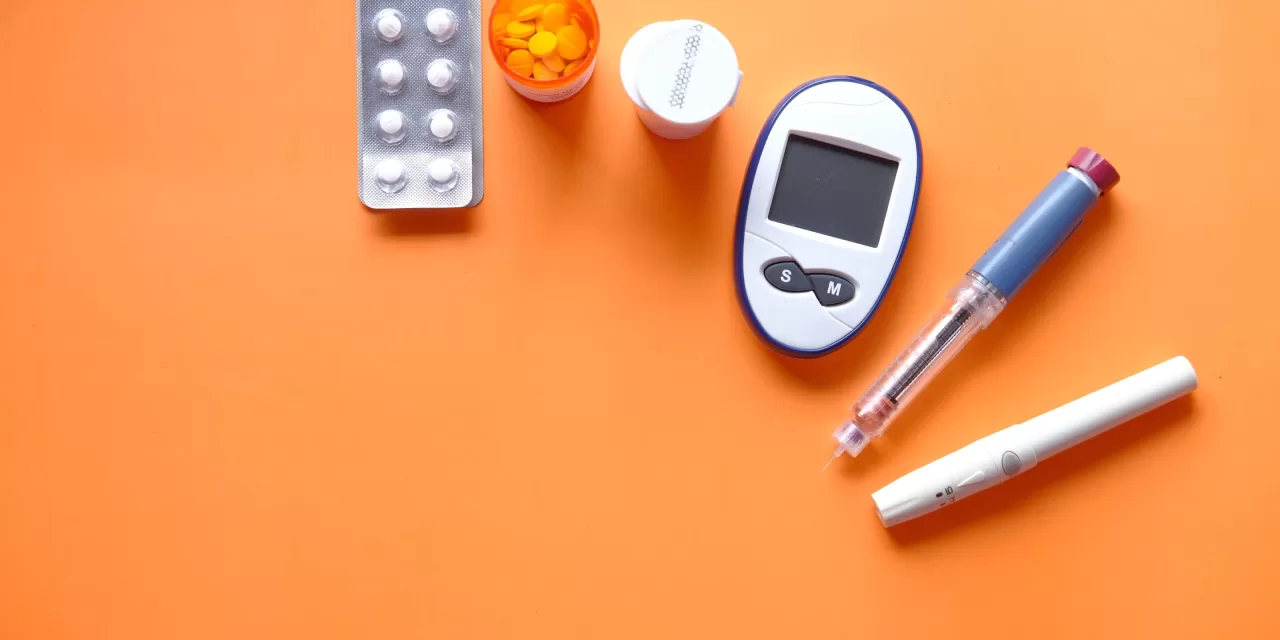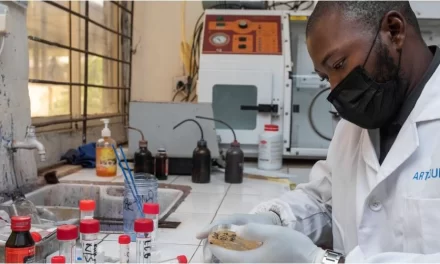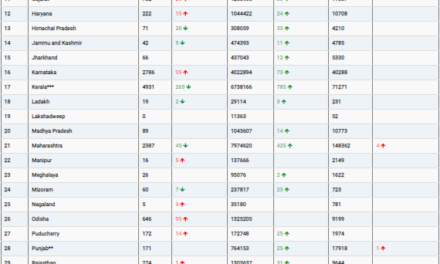January 3, 2025 – The global Type 1 diabetes market is set for remarkable growth, with its value projected to increase from $2.2 billion in 2023 to $9.9 billion by 2033, representing a compound annual growth rate (CAGR) of 13.3%, according to a report by GlobalData, a leading data and analytics firm.
The report highlights that the market expansion will be driven by developments across seven major economies: the United States, France, Germany, Italy, Spain, the United Kingdom, and Japan.
U.S. Market Dominance
The United States emerged as the dominant market, accounting for 80.4% of global Type 1 diabetes sales in 2023 ($2.2 billion). By 2033, the U.S. is forecasted to further consolidate its position, representing 91.6% of the total sales across the seven countries, equating to $9 billion.
Key Drivers of Growth
The projected growth is attributed to several factors, including the anticipated approval and introduction of late-stage pipeline products such as immunomodulatory agents. These innovations are expected to significantly enhance the management of Type 1 diabetes.
“The increasing popularity of rapid-acting and ultra-rapid-acting insulin analogs, along with rising insulin pump use, is improving patient outcomes by optimizing glycemic control,” said Sulayman Patel, Pharma Analyst at GlobalData.
Additionally, positive attitudes among prescribing physicians and patients toward ultra-rapid insulin analogs are expected to drive market adoption.
Promising Pipeline Products
The report spotlights several late-stage pipeline products, including:
- Eli Lilly’s Insulin Efsitora Alfa
- Novo Nordisk’s Awiqli (Insulin Icodec)
- Johnson & Johnson’s Ustekinumab
- Dompe Pharmaceuticals’ Ladarixin
- Diamyd Medical’s Type 1 Diabetes Vaccine
Currently, Sanofi’s Tzield (Teplizumab) is the only approved disease-modifying therapy for Type 1 diabetes. Tzield, which received FDA approval in November 2022, is designed to delay the onset of stage 3 Type 1 diabetes in patients aged 8 years and older. The drug is expected to gain European approval and dominate the market, with forecasted sales of $4.8 billion across the seven countries by 2033.
Challenges and Barriers
Despite its promising growth, the market faces significant challenges:
- High Financial Burden: The cost of immunomodulatory agents could limit access due to insurance and reimbursement restrictions.
- Clinical Trial Failures: High failure rates in developing disease-modifying therapeutics could slow market momentum.
Future Outlook
The report anticipates that immunomodulatory agents will drive substantial growth in the Type 1 diabetes market, accounting for 63.5% of sales by 2033. These advancements are poised to reshape the treatment landscape, offering hope to millions of patients globally.
With innovative therapies and supportive market dynamics, the Type 1 diabetes market is set to undergo transformative growth over the next decade.












